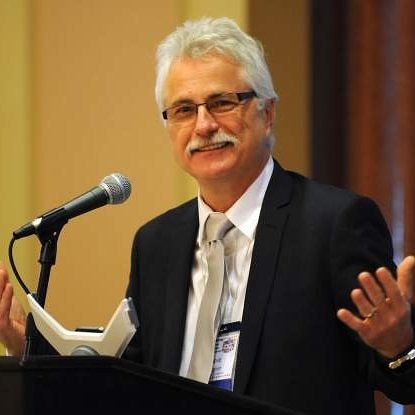It’s been a tough couple weeks for our friends at the Louisiana Federation of Teachers (LFT). On October 15th, the Louisiana Supreme Court unanimously ruled that Act 1 is constitutional, overturning a lower court’s finding that the law violates the “single object requirement” of the Louisiana Constitution that prohibits the legislature from passing bills with more than one aim or purpose. LFT filed the lawsuit challenging Act 1, which prohibits districts from using seniority as the primary factor in reduction-in-force decisions and sets a much higher bar for teachers to receive tenure.
Then this past week, the Louisiana Department of Education (LDOE) released the 2013-14 results from Compass, the state’s teacher and school leader evaluation system [see presentation below]. For years, LFT has issued dire warnings about the evaluations, with LFT President Steve Monaghan even claiming, “many of the state’s finest teachers will be labeled ‘ineffective’ because of a flawed rating system.” Yet for the second year in a row, those ominous predictions have proven false. LDOE’s report revealed that 92% of Louisiana’s teachers were rated proficient or highly effective on their evaluations, up from 89% a year ago. In New Orleans, 79% of teachers were rated proficient or highly effective, with only 7% rated ineffective.

Of course, LFT’s lawsuit against Act 1, their boy-who-cried-wolf routine about Compass, as well as their efforts to undermine Common Core are just different means to the same end: weakening the state’s common-sense accountability policies for educators, schools, and districts. Thankfully, the union’s efforts – both in the legislature and the courts – have all ended in failure. Particularly in regard to Compass, the results from the past two years make clear that LFT’s hysterical claims were not only unwarranted, but irresponsible for an organization that calls itself, “A Union of Professionals.”
On the other hand, this past week’s Compass ratings indicate we need to redouble our efforts to ensure that evaluations are rigorous and reflect a common vision for performance. LDOE made the wise decision to suspend the use of value-added measures (VAM) in Compass until the 2015-16 school year while educators adjust to the Common Core State Standards. As a result, this year’s evaluations were based on observations and teacher-created student learning targets, or SLTs. As Jessica Williams noted in the Times-Picayune, the use of the more subjective SLTs likely resulted in the increase in the number of teachers who were rated proficient or higher this year, which reinforces why an objective component like VAM is needed in the model.
In addition, this year’s results again revealed significant variation in average Compass scores both within districts and across schools with similar student populations – differences which in some cases strain the bounds of credulity. I’ve highlighted a few of these results from New Orleans schools below. For example, the Compass results from McDonogh #35 College Preparatory indicate that nearly all of the school’s teachers were rated proficient or highly effective, when only 43% of students scored Basic or better on state tests. Or, to take another example, is really it possible that every teacher at Joseph A. Craig is effective when only a third of their students passed the LEAP and iLEAP exams? Call me cynical, but I find these results hard to believe.
Actually, it makes total sense. For decades, pro forma evaluations were the rule, and as a result, approximately 99% of teachers received a satisfactory rating whether they were effective or not. Compass demands a significant increase in the rigor of evaluations, as well as a shift in the mindsets of school leaders and educators. We’re in the midst of a transition from a culture where evaluations were basically an afterthought, to one in which they are central to both teachers’ professional development and district-wide personnel decisions. This is going to take time. Rep. Hoffman, who was once an Assistant Superintendent in the Ouachita Parish School System, should know from experience that changing school culture doesn’t happen overnight.

From this perspective, the variation we’ve seen in results is predictable and doesn’t mean that Compass needs a major overhaul. Rep. Hoffman’s recent suggestion that principals need more flexibility in determining final evaluation ratings would be a big step backwards. If anything, principals need more support and guidance in ensuring they’re implementing Compass with fidelity. During this two-year accountability “time-out,” LDOE should work with districts and school leaders on improving Compass quality control. The benefits of Act 1 will never be realized without a strong educator evaluation system like Compass to inform decisions around tenure, promotions, layoffs, etc. – that’s why teachers unions and other reform critics have always opposed it.


One Comment
Leave a Reply